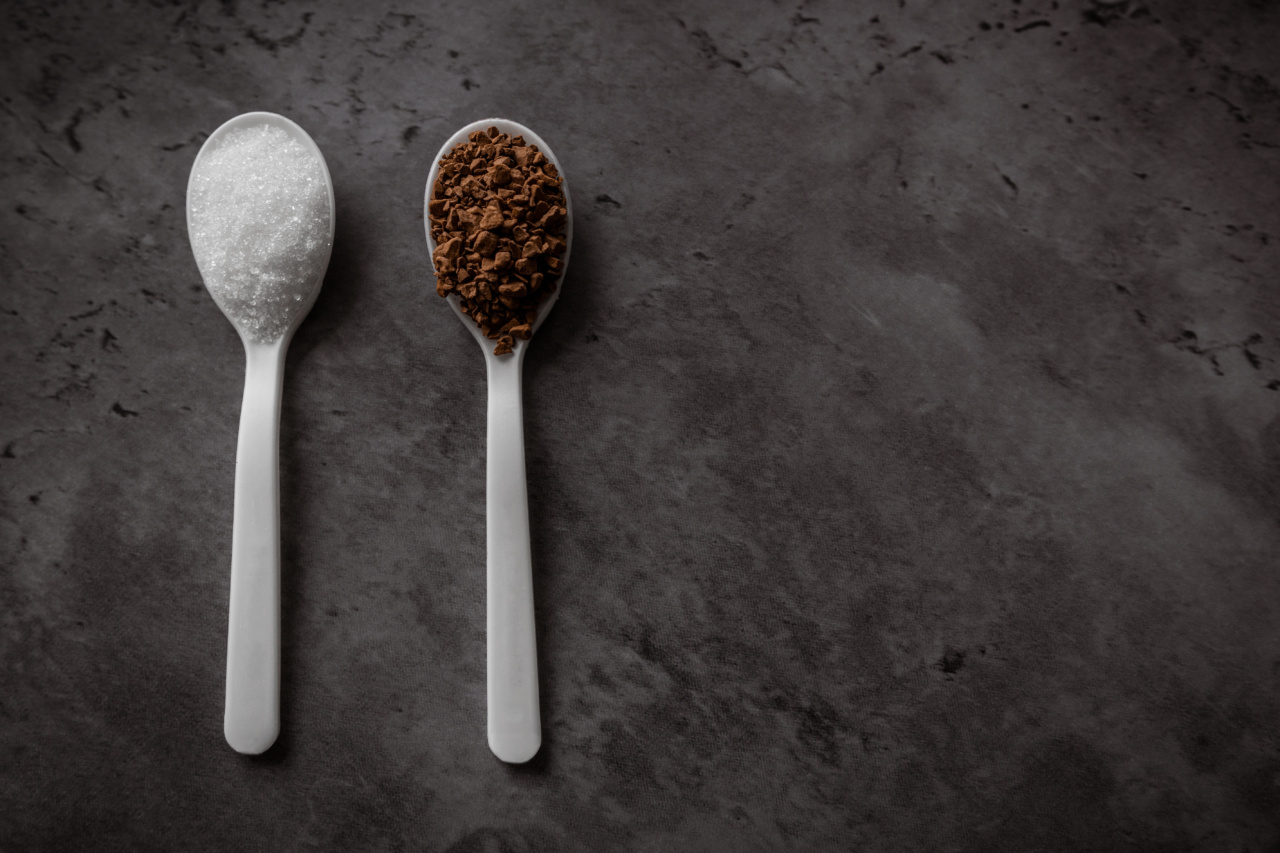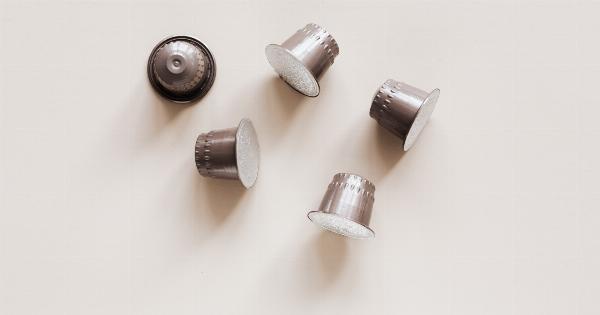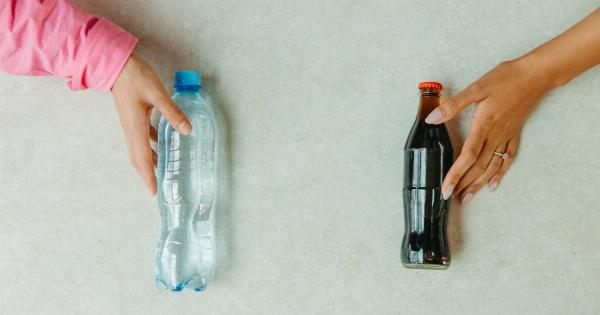Coffee is one of the most popular beverages around the world. Its taste, aroma, and caffeine content make it a go-to drink for many people. Apart from its stimulating properties, coffee is also known to have several health benefits.
For example, studies have shown that moderate coffee consumption can reduce the risk of developing type 2 diabetes, Parkinson’s disease, and liver cirrhosis. However, coffee also has a dark side. One concern that has been raised is its potential impact on cholesterol levels.
In this article, we’ll take a closer look at the relationship between coffee and cholesterol and answer the question- how much is too much?.
What is Cholesterol?
Before we delve into the effects of coffee on cholesterol, let’s first understand what cholesterol is and its role in the body.
Cholesterol is a fat-like substance that is produced by the liver and also obtained from animal-based foods such as meat, eggs, and dairy products. Cholesterol is essential to the body as it plays a crucial role in cell membrane formation, hormone production, and Vitamin D synthesis.
However, when cholesterol levels in the body are too high, it can lead to the development of various health problems, including heart disease and stroke.
Types of Cholesterol
Cholesterol travels through the blood by attaching itself to proteins. The combination of cholesterol and proteins is known as lipoproteins. There are two main types of lipoproteins:.
Low-Density Lipoprotein (LDL)
LDL also known as “bad cholesterol” carries cholesterol from the liver to other parts of the body.
High levels of LDL in the blood can lead to the buildup of plaque in the arteries, known as atherosclerosis, which can increase the risk of heart disease and stroke.
High-Density Lipoprotein (HDL)
HDL, also known as “good cholesterol,” carries cholesterol from other parts of the body back to the liver, where it can be removed from the body. Having high levels of HDL in the blood is linked to a reduced risk of heart disease.
Coffee and Cholesterol
The relationship between coffee and cholesterol is complex, and studies on the topic have produced mixed results.
Some studies suggest that drinking coffee can increase cholesterol levels, while other studies indicate that coffee has no significant effect on cholesterol levels.
Caffeine vs. Coffee
One important factor to consider when looking at the effects of coffee on cholesterol is the difference between caffeine and coffee. Caffeine is a type of stimulant found in beverages such as coffee, tea, and energy drinks.
Some studies have indicated that caffeine intake can cause a short-term increase in LDL cholesterol levels. However, this effect is generally small and temporary and has no long-term impact on cholesterol levels.
On the other hand, coffee is a complex beverage made up of several compounds, including caffeine, antioxidants, and diterpenes. Some of these compounds have been shown to increase cholesterol levels.
For example, diterpenes- especially cafestol and kahweol- are two substances found in coffee that are responsible for raising LDL cholesterol levels.
The Role of Brewing Methods
The brewing method used to make coffee can also affect its impact on cholesterol levels.
For example, coffee made using a French press or boiled coffee, which keeps the coffee grounds in contact with the water for an extended period, leads to higher levels of cafestol and kahweol in the coffee. Whereas coffee made using a filter or drip-brewed method tends to have lower levels of these diterpenes.
So, if you’re trying to maintain healthy cholesterol levels, it’s best to choose a brewing method that relies on a filter or paper coffee filter.
The Amount of Coffee Consumed
Another crucial factor to consider when looking at the effects of coffee on cholesterol is the amount of coffee consumed. Studies have found that moderate coffee consumption (3-4 cups a day) has no significant impact on cholesterol levels.
However, high coffee consumption (more than 5 cups a day) has been linked to an increase in cholesterol levels, including LDL cholesterol. So, if you’re a coffee lover, enjoying a moderate amount of coffee per day is unlikely to impact your cholesterol levels.
The Bottom Line
Coffee is a complex beverage that can have both positive and negative effects on cholesterol levels. Some of the compounds found in coffee- especially cafestol and kahweol can increase LDL cholesterol levels.
However, the impact of coffee on cholesterol depends on several factors, including the amount consumed and the brewing method used. Moderate coffee consumption is unlikely to have a significant impact on cholesterol levels, but drinking more than 5 cups of coffee per day can result in increased cholesterol levels. When it comes to coffee and cholesterol, moderation is key.






























